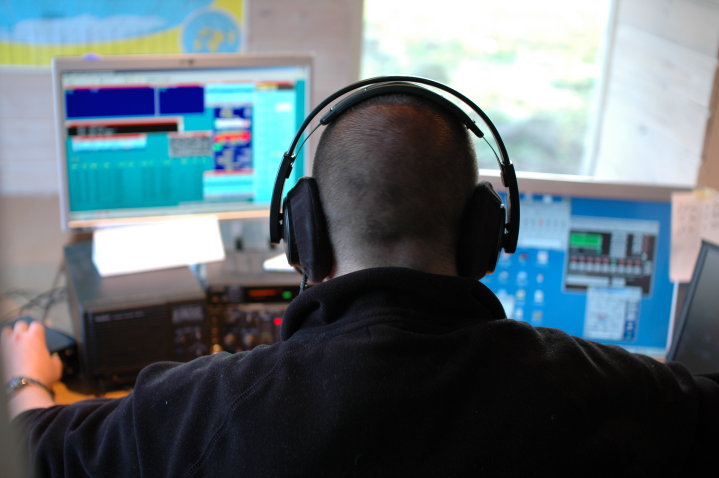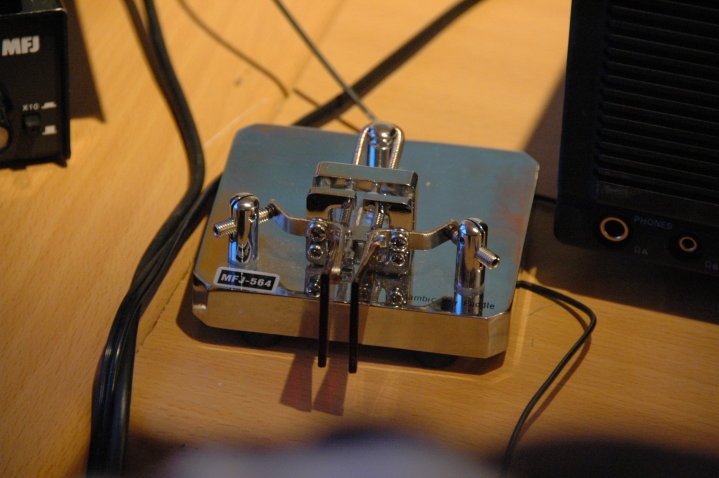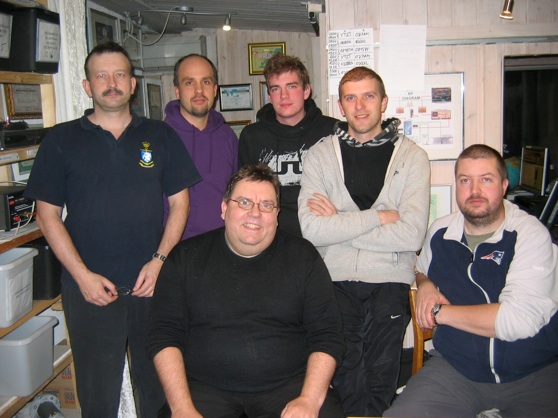About me:
Hello, My name is Brian.This picture was taken by my sister Sanne, after we both had way too much coffee :)


This pictute, byt the way, is from approx. 1978 or so... about 20 years later, I was making a living repairing washing machines ... DOH!
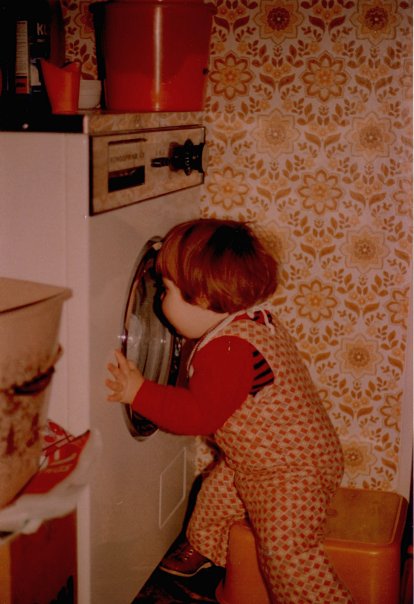
Since 2010 I have been devoting a lot of my time as a volunteer crew member in the Danish Coast guard, organised as a voluntery part of the danish Navy, but formally located under "Hjemmeværnet".
Before that; I was mostly sailing sailboats.
My focus now is to become a Navigator on board; and later to qualify as skipper and earn the grade as naval officer.
Here's a picture of the training class of 2011 for "Dæksgastkursus" at Marinestation Slipshavn.

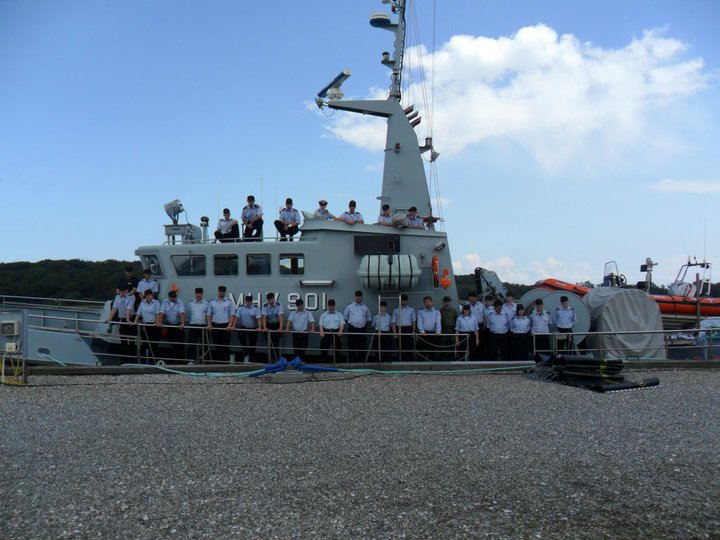
Today I am not on daily basis active in scouting, but I still enjoy teaming up with my scout friends to create and staff large venues, events, camps etc.
This picture shows me crossing the stream "Susåen" in a bushcraft crafted raft, around 2009-2010.
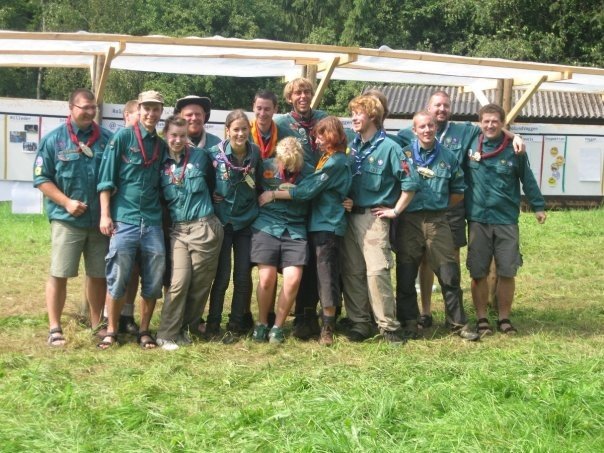
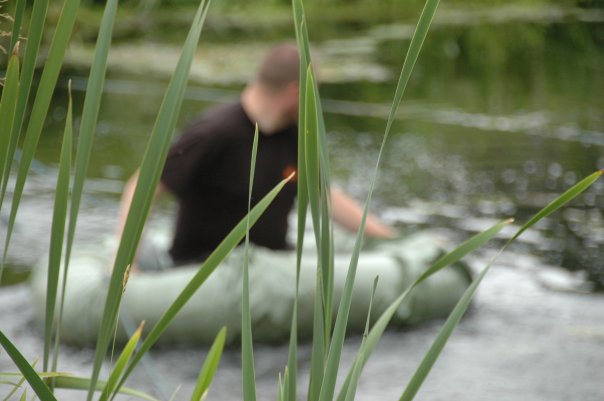
I qualified as an electrician in 1997 with bronze medal honors; from there on to move into the academic world of engineering.
From 1997 to 2003; I qualified my Master's Degree (M.Sc.EE.) in RF Integrated Systems & Circuits as a Electronics engineer, working with design of RF microchips for the cellular industry.
You can find on that in my CV (Resumé).
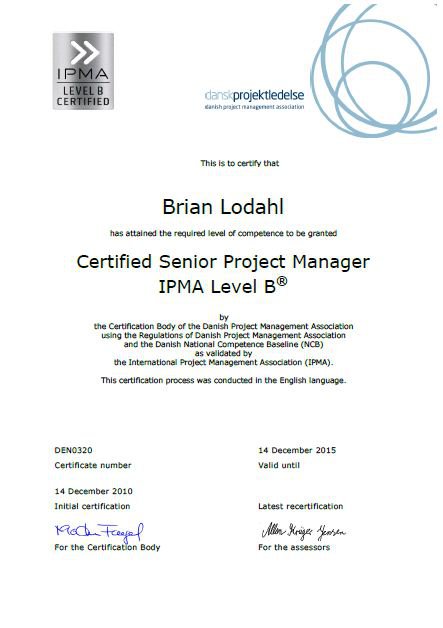
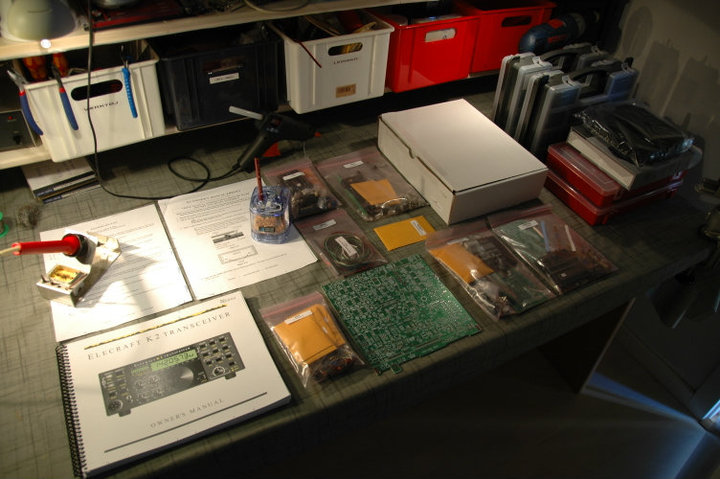
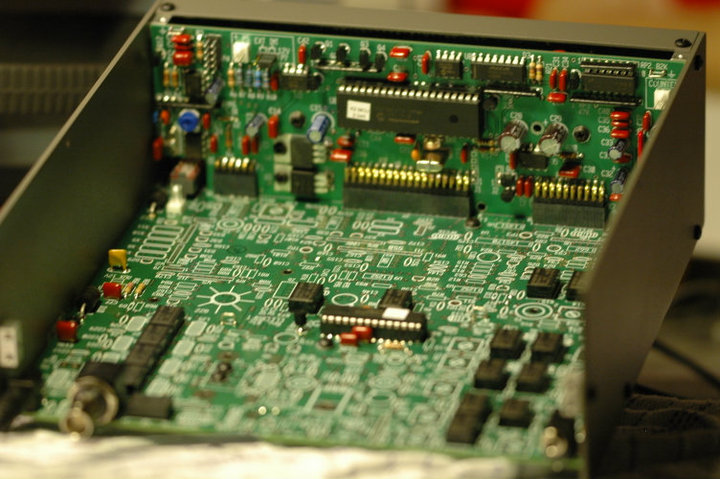
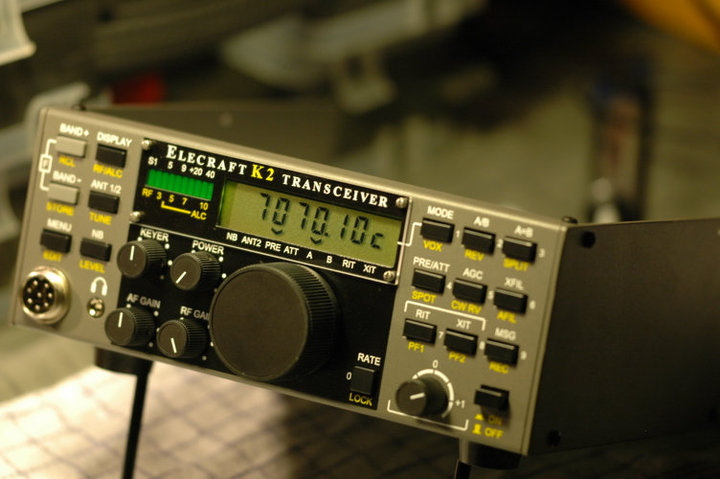
Purpose is to log as many contacts with other amateur radio stations as you possibly can, for as long distances to other continents and countries as you can, within the period of 24 or 48 hours over a weekend.
This sport can be played as individual or team sport; and I am much in it for the team sport. I am operating mostly from OZ5E contest station, and we have recently founded the Danish Contest Academy OZ5E, to facilitate a more formal and systematic approach to radiosport contesting.
The Sport can be played either talking over the microphone (called Phone), using telegraph keys and morse code (called CW), or by applying digital modulation schemes using computers (called digi-mode). My personal preference is to use the Morse Code; or as we Radio Amateurs call it; CW (for Continuous Wave).
